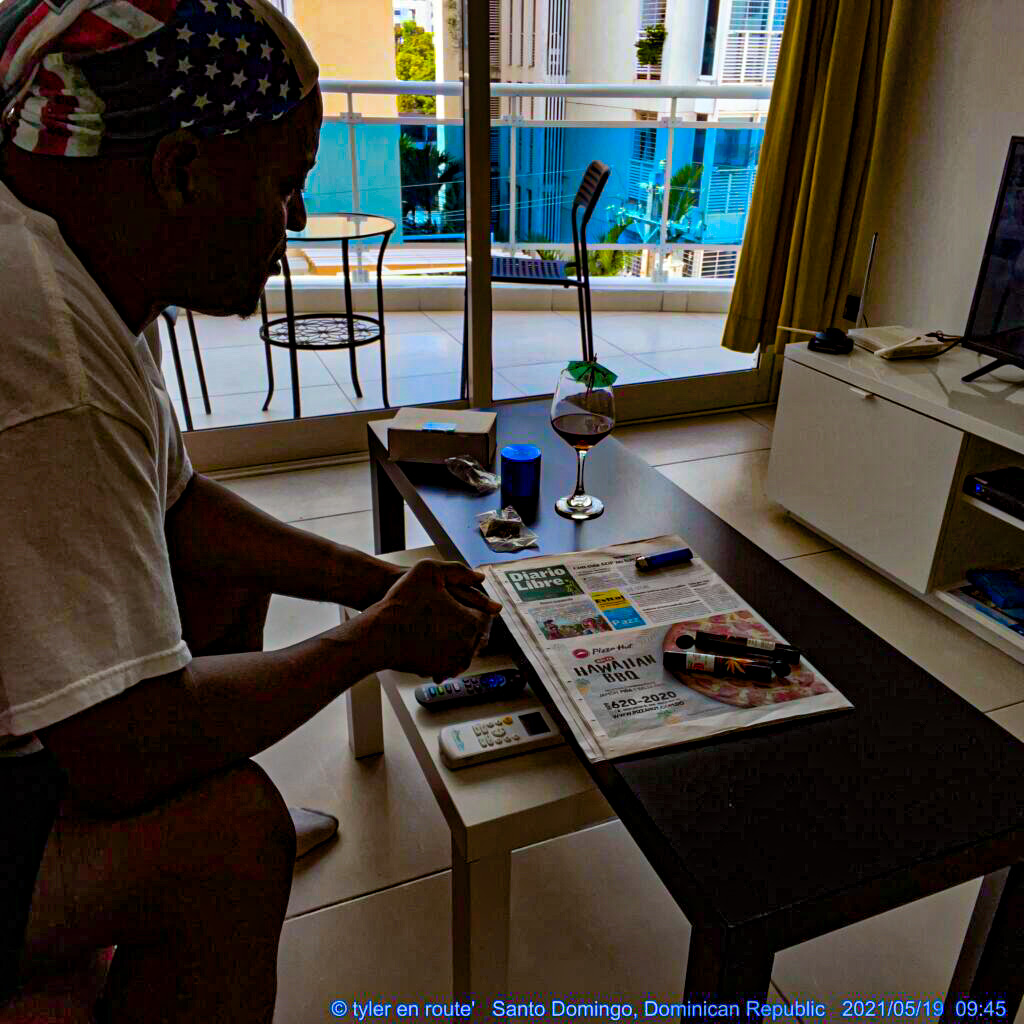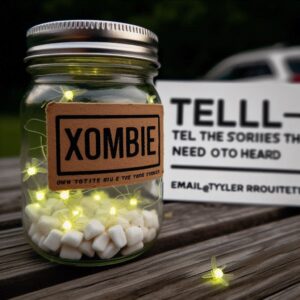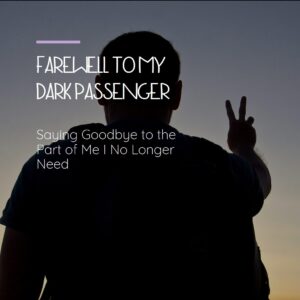
The Surprising Irony of Selling Drugs: A Heartwarming Tale
Read Time:4 Minute, 26 Second

K Tyler
Drug addiction is a complex issue where drug dealers prioritize financial gain over the welfare of their victims, including family members, siblings, and even their offspring. This greed and lack of empathy contribute to a vicious cycle of suffering and despair. Addressing the root causes of addiction and providing support for those struggling with substance abuse is crucial for preventing its worst-case scenario. In the worst-case scenario, addiction can lead to a vicious cycle of suffering and despair, highlighting the need for societal intervention and accountability in the drug industry.
One of the ironies of addiction is that people who sell these drugs are more concerned about money than the welfare of the individuals they profit from. It could be their fathers, their mothers, their uncles, their cousins, or even a sibling, and in the worst-case scenario, even their offspring. As horrible as that sounds, it's a reality of the drug world. Drug dealers' greed and a lack of empathy are truly disturbing. These people's addiction cycle not only destroys lives, but it also feeds a vicious cycle of suffering and despair. It is crucial for society to address the root causes of drug addiction and provide support for those struggling with substance abuse. I recall during the worst moments of my addiction when I had family members sell me crack. There was no accountability when it came to selling this powerful drug. I have seen drug dealers selling to their mothers’ even as their mothers were tricking on the side to support their habits. Instead of these individuals helping their families, they supported their habits. That's the real reel.
Those who are trapped in the cycle of addiction often feel powerless to break free, especially when their own loved ones are enabling their destructive behavior. It is heartbreaking to witness the toll that drug addiction takes on families and communities. We must work together to provide resources and assistance to those struggling with substance abuse, addressing not only the individual's addiction but also the societal issues that contribute to this epidemic. It is time for us to come together as a society and offer support and compassion to those in need, rather than turning a blind eye to the devastating effects of addiction. When comparing addiction to slavery, those that sell these drugs are stark reminders of our distant past, when the overseers or in most cases, the ""drivers", were used to keep slaves under control and keep them from learning the truth about how powerful they truly were and how unity was always their key to freedom and liberation.
On a plantation where enslaved people were forced to work, it was the overseer's job to make sure they were productive, ensuring that the plantation owner made as much money as possible. The overseer was usually a white man but occasionally an enslaved black man—a "driver"—promoted to the position by his master. Overseers could, and often did, brutally punish enslaved workers. They are ultimately perpetuating a cycle of oppression and control. This system of control was designed to instill fear and prevent any attempts at rebellion or escape. The overseer's role was crucial in maintaining the status quo of slavery and upholding the power dynamics on the plantation. Does this sound familiar? It mirrors the dynamics of modern-day society, where those in positions of power use fear and control to maintain their dominance. The intoxication of Black slaves during harvest and holidays was promoted through the provision of cheap, concentrated alcohol and the sponsorship of drinking contests. This tactic not only kept the enslaved individuals compliant and docile, but it also served as a tool to distract them from their harsh reality and suppress any thoughts of resistance. Is this a reference to the good old days? I keep hearing politicians claim, "Make America great again"
Frederick Douglass described this ritual intoxication as a safety valve for the institution of slavery. Drunken slaves had no fear of insurrection or escape to the north, as they were sober and thought of their master. Despite Douglass' efforts, drinking and intoxication among Black people increased following emancipation, with whites continuing to control and profit from the infusion of alcohol into the Black community. Alcohol also played a role in the violent victimization of Black people, both in the North and the South, both slaves and free. Despite whites fears of alcohol-inspired violence, the reality was the opposite. The earliest and most significant alcohol problem for Black people in America—in the North and the South, both slave and free—was the risk of what could happen to them when white people became intoxicated. (Blassingame, 1972).


